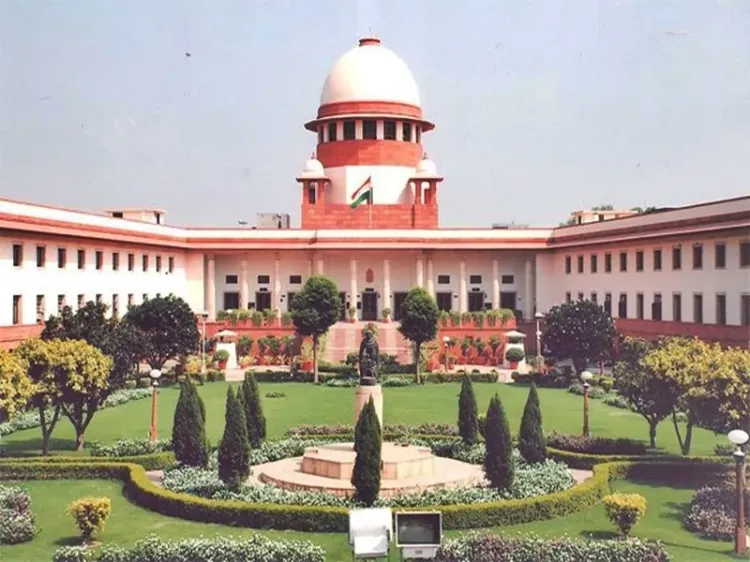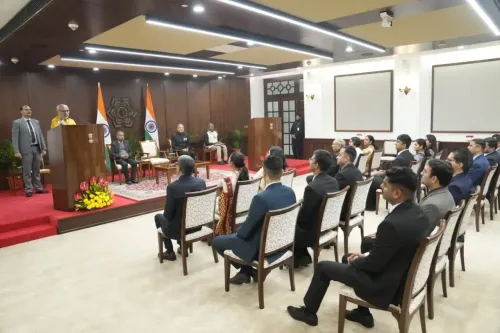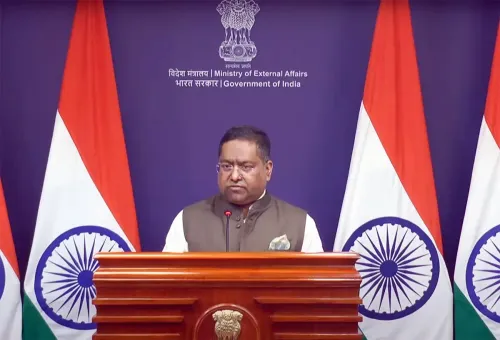Petitions Contesting Waqf Act Validity Presented for Urgent Hearing

Synopsis
Key Takeaways
- Urgent hearing requested for Waqf Act amendments.
- Senior advocate Kapil Sibal represents petitioners.
- Congress and AIMIM challenge the amendments' constitutionality.
- Claims of violation of fundamental rights under the Constitution.
- Government asserts benefits for poor Muslims.
New Delhi, April 7 (NationPress) The petitions filed in the Supreme Court contesting the recent modifications to the Waqf Act were brought up on Monday before Chief Justice of India (CJI) Sanjiv Khanna for expedited consideration.
Senior advocate Kapil Sibal urged CJI Khanna to schedule an urgent hearing regarding the petitions that challenge the constitutional legitimacy of the Waqf (Amendment) Act, 2025.
In reply, the CJI, who oversees the court's roster, inquired if the senior counsel had submitted an email with the mentioning letter. Upon learning that it had already been sent, CJI Khanna remarked, “I will retrieve the letter and take appropriate action this afternoon.”
A series of petitions have been lodged with the apex court immediately following the Parliament's approval of the Waqf (Amendment) Bill, 2025, on Friday.
Once the legislation was enacted in both Houses of Parliament, the Indian National Congress declared its intention to challenge the Waqf (Amendment) Bill in the Supreme Court. The Congress party asserted that the bill represented an assault on the fundamental framework of the Constitution, intended to “polarise” and “divide” the nation along religious lines.
In his petition, Congress MP and party whip in Lok Sabha Mohammad Jawed argued that the amendments contravened Articles 14 (right to equality), 25 (freedom to practice and propagate religion), 26 (rights of religious denominations to manage their affairs), 29 (minority rights), and 300A (right to property) of the Constitution.
Likewise, All India Majlis-e-Ittehadul Muslimeen (AIMIM) leader Akbaruddin Owaisi approached the highest court, asserting that the contested amendments are “ex facie violative of Articles 14, 15, 21, 25, 26, 29, 30, 300A of the Constitution of India and manifestly arbitrary.”
The concept of ‘Waqf’, rooted in Islamic tradition, signifies an endowment made by a Muslim for charitable or religious purposes, encompassing mosques, schools, hospitals, or other public institutions. The government claims that this legislation will benefit millions of impoverished Muslims, asserting that it does not harm any individual Muslim.
Minority Affairs Minister Kiren Rijiju has stated that the legislation does not interfere with Waqf properties, emphasizing that the Modi government operates with the vision of 'Sabka Saath and Sabka Vikas'.









